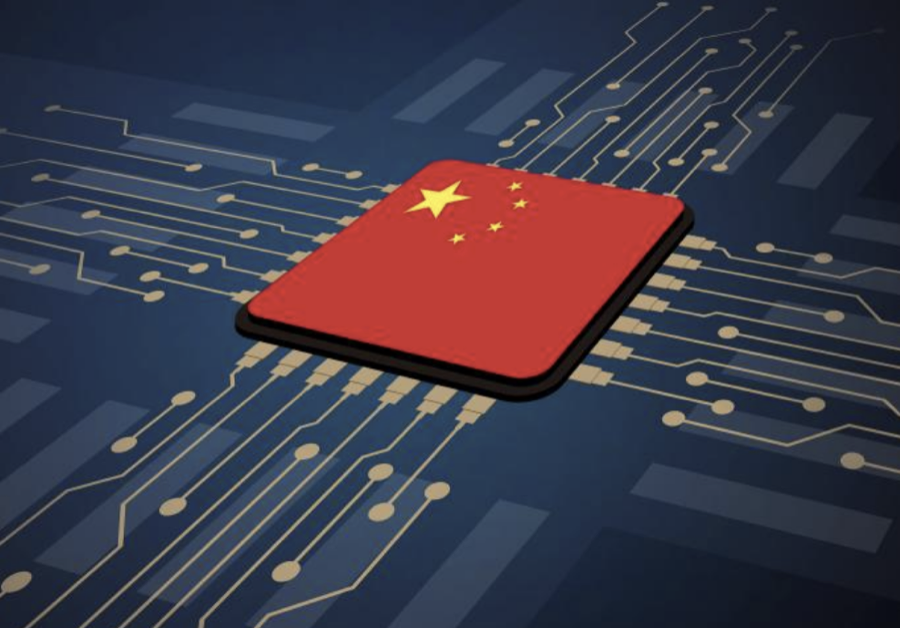China is intensifying its efforts to oversee artificial intelligence (AI) as it strives to become a global leader in the sector within the next decade. In a recent meeting of top Chinese officials, including President Xi Jinping, there was a unanimous agreement on the necessity of enhancing control over AI.
State media reported that they have committed to “improve data network surveillance and artificial intelligence.” Following the meeting, officials emphasized the need to be prepared for various challenges, emphasizing their determination to withstand adverse circumstances.
President Xi Jinping underscored the exponential growth in the complexity and gravity of national security issues facing China. In April, Chinese authorities had already announced plans for a “security inspection” of AI tools developed in China, including systems like ChatGPT.
Striving for AI Leadership by 2030
China has set ambitious goals, aiming to become a global AI leader by 2030. To this end, regulatory initiatives have been introduced to ensure the healthy development and standardized implementation of generative AI technology such as the one presented on Inteligencia AI website.
The Chinese Cyberspace Administration has solicited public feedback on these regulations, which, given China’s centralized political system, are likely to become law.
These developments coincide with numerous Chinese tech companies, including Baidu, Alibaba, JD.com, Netease, and ByteDance (TikTok’s parent company), announcing their work on conversational AI models, hoping to capitalize on the success of the American pioneer, ChatGPT.
According to McKinsey, the AI sector could contribute approximately $600 billion annually to China’s GDP by 2030.
As China advances its AI aspirations, it is also vigilant about addressing potential risks and ensuring that the technology aligns with its national objectives.
FAQs
Q: Why is China increasing its control over artificial intelligence? A: China aims to become a global leader in AI within the next decade and believes that enhanced control is necessary to achieve this goal and manage potential risks.
Q: What measures has China taken to regulate AI development? A: China has introduced regulatory initiatives to ensure the healthy development and standardized implementation of generative AI technology. These initiatives include security inspections and public feedback solicitation on regulations.
Q: How much could the AI sector contribute to China’s GDP by 2030? A: McKinsey estimates that the AI sector could contribute approximately $600 billion annually to China’s GDP by 2030, as China strives to lead in AI innovation.

